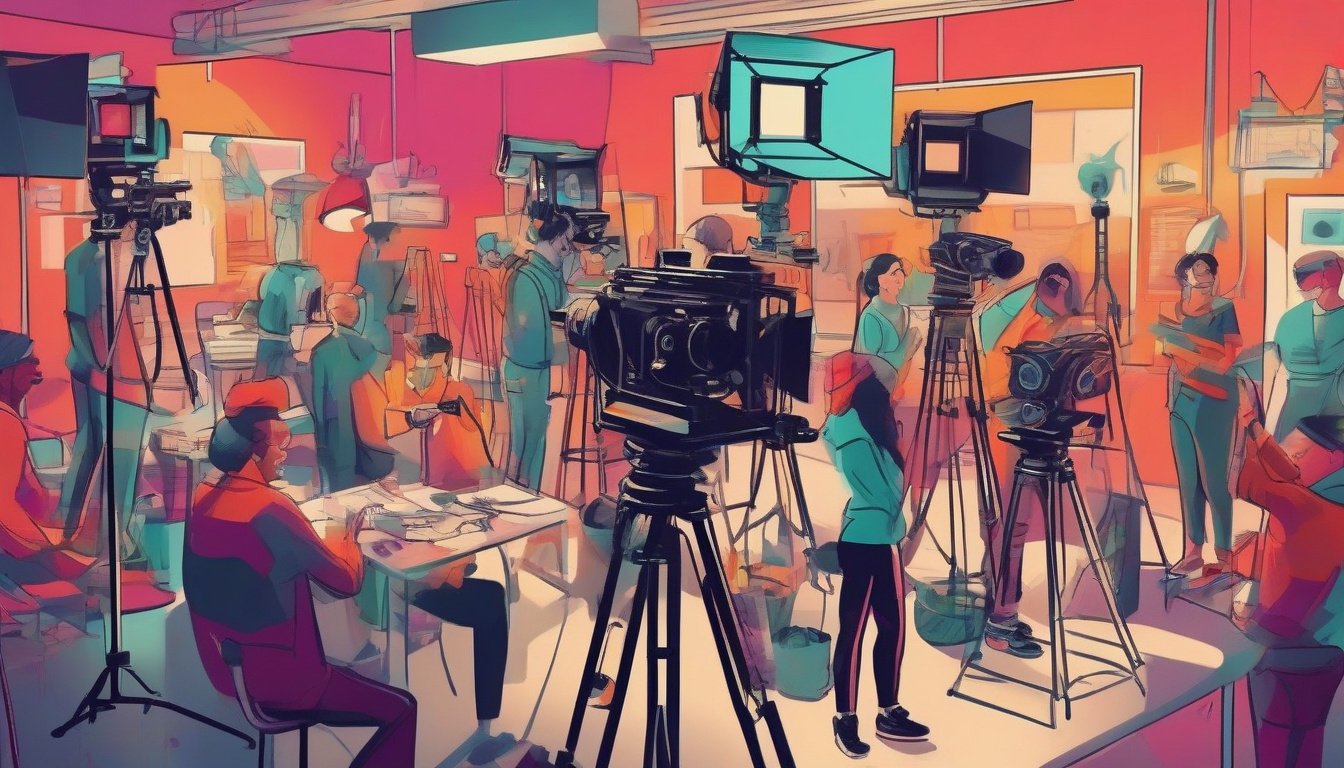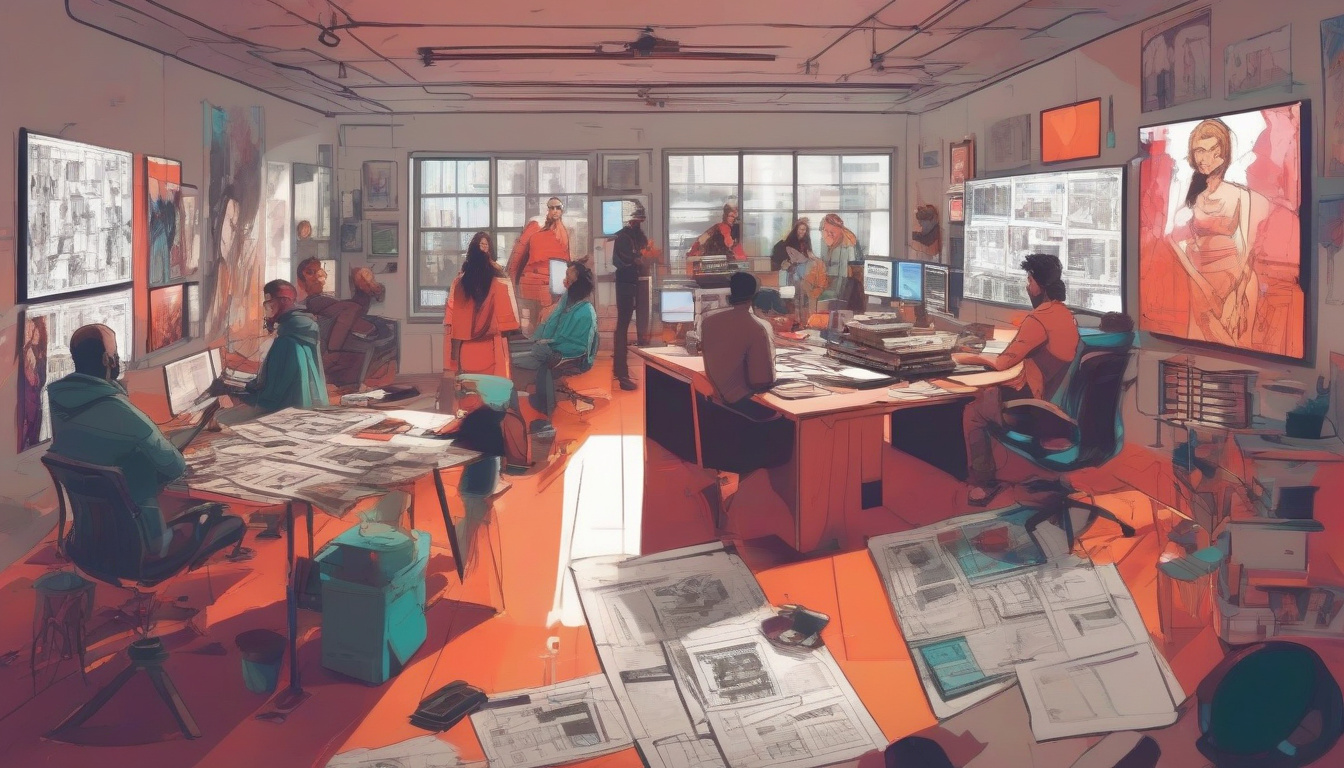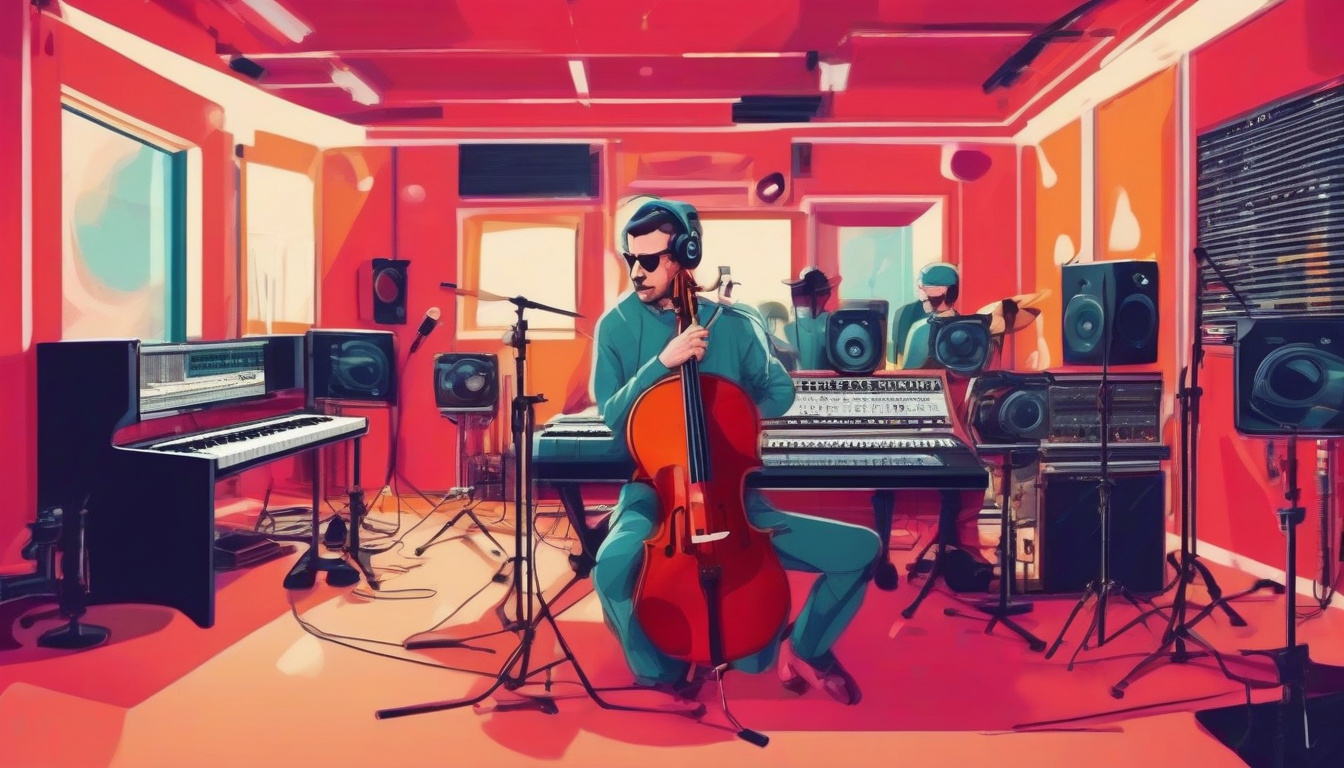Is Screenwriting an Art Form?
In the ever-evolving landscape of cinema and media, screenwriting holds a pivotal role in shaping narratives and transporting audiences into new worlds. The question of whether screenwriting is an art form stems from a broader debate about what constitutes art and the value society places on various creative expressions. To explore this question, we must delve into the essence, history, and impact of screenwriting.
Understanding Screenwriting
At its core, screenwriting is the craft of writing scripts for films, television shows, and other multimedia productions. It involves the creation of dialogue, the development of characters, and the structuring of a narrative arc. A screenplay is not just a blueprint for directors and actors; it is a storyteller’s medium, aiming to evoke emotions, convey messages, and compel audiences through the powerful combination of visual and verbal storytelling.
The Historical Context of Screenwriting as an Art Form
The history of screenwriting mirrors the evolution of cinema itself. In the early days of film, the significance of a screenplay was often overshadowed by the visual spectacle and the director’s role. However, as films became more complex and storytelling techniques more sophisticated, the importance of the screenplay as the foundation of filmmaking grew. Iconic screenwriters like Billy Wilder, Nora Ephron, and Spike Lee have demonstrated that a well-crafted screenplay can not only shape the vision of a film but also leave a lasting impact on culture and society.
Artistic Merits of Screenwriting
Screenwriting possesses several qualities that affirm its status as an art form. First and foremost, it requires creativity and imagination to conceive a unique story and compelling characters. Moreover, like any other form of writing, it demands mastery over language, sensitivity to dialogue and pacing, and the ability to evoke visual imagery through words. Screenplays often tackle complex themes, explore human emotions, and convey profound philosophical and social messages, much like literature and theatre.
The Collaborative Aspect of Screenwriting
One aspect of screenwriting that sets it apart from other art forms is its inherently collaborative nature. A screenplay is the starting point of a collective creative process that involves directors, actors, cinematographers, and many others. This collaboration can sometimes blur the lines of authorship and creative ownership, leading some to question the individual artistry behind screenwriting. However, it also highlights the screenwriter’s role as a visionary who sets the tone and direction of a piece, orchestrating a complex interplay of narrative and performance.
Recognition and Appreciation for Screenwriting
In terms of recognition, screenwriting has gradually been accorded the respect and appreciation it deserves as an art form. The establishment of awards specifically for screenwriting, such as the Academy Award for Best Original Screenplay and Best Adapted Screenplay, underscores the value of the screenwriter’s contribution to the cinematic arts. Film festivals and screenplay competitions further celebrate the creativity and skill of screenwriters, bringing their work into the spotlight.
Conclusion
The debate over whether screenwriting is an art form touches upon broader questions about creativity, expression, and value in the arts. Given its role in shaping narratives, evoking emotions, and reflecting upon the human condition, it is clear that screenwriting is much more than mere technical craft; it is a form of art that requires creative vision, narrative skill, and emotional depth. As cinema and television continue to evolve, the art of screenwriting will undoubtedly remain a vital and celebrated component of our cultural landscape.






